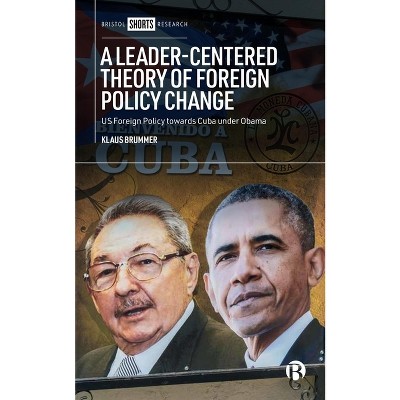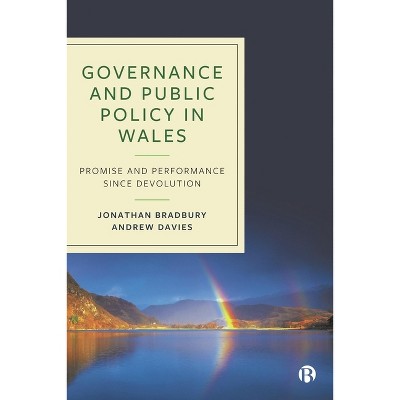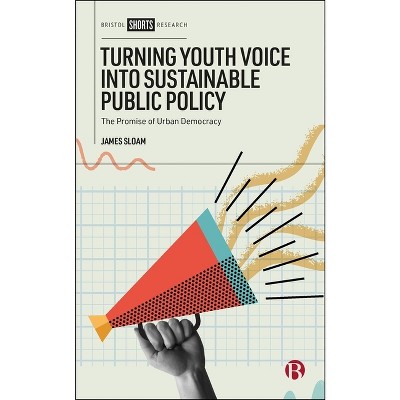The No-Fly Zone in Us Foreign Policy - by Gustav Meibauer (Hardcover)

About this item
Highlights
- The no-fly zone is a frequently used instrument in the US foreign policy arsenal, despite detrimental, or even catastrophic, results.
- About the Author: Gustav Meibauer is an Assistant Professor in International Relations at Radboud University Nijmegen.
- 240 Pages
- Political Science, International Relations
Description
Book Synopsis
The no-fly zone is a frequently used instrument in the US foreign policy arsenal, despite detrimental, or even catastrophic, results. This book examines why the instrument has such a hold on leaders' imaginations and rhetoric despite its patchy record in practice.
Examining detailed historical case studies from conflicts in Iraq, Bosnia, Kosovo, South Sudan/Darfur, Libya and Syria, the book shows how debates about, and actual use of, no-fly zones in US foreign policy have not been primarily about managing conflict or protecting civilians. Instead, the focus is often on navigating contradictory international and domestic political incentives and constraints, leading to US intervention in an ill-considered and incremental manner.
Review Quotes
'In this clear-eyed analysis of US interventionism since the end of the Cold War, Gustav Meibauer argues that short-term political interests have repeatedly led US policymakers astray. Time and again, they have resorted to expediency over effectiveness. Scholars and students will find much to ponder in this sobering account of US foreign policymaking.' Peter Trubowitz, London School of Economics and Political Science
'In this insightful study of American no-fly zone foreign policies spanning four Presidential administrations, Meibauer explains why contemporary American foreign policy decisions are often sub-optimal. Utilizing an innovative neoclassical realist framework, Meibauer shines a spotlight on the intra-governmental, ideational bargaining that produce 'muddled policy' under conditions of uncertainty. As a major contribution to our understanding of state behavior, this is a must-read for international relations scholars and analysts of American foreign policy alike.' Jennifer Sterling-Folker, University of Connecticut
'Meibauer advances a bold neoclassical realist framework to understand the allure of no-fly zones in US military interventions. In its historical sweep of the 1990s and 2000s, this important inquiry highlights why American leaders are attracted to no-fly zones despite repeated failures.' Steven E. Lobell, University of Utah
About the Author
Gustav Meibauer is an Assistant Professor in International Relations at Radboud University Nijmegen.Shipping details
Return details
Trending Non-Fiction











